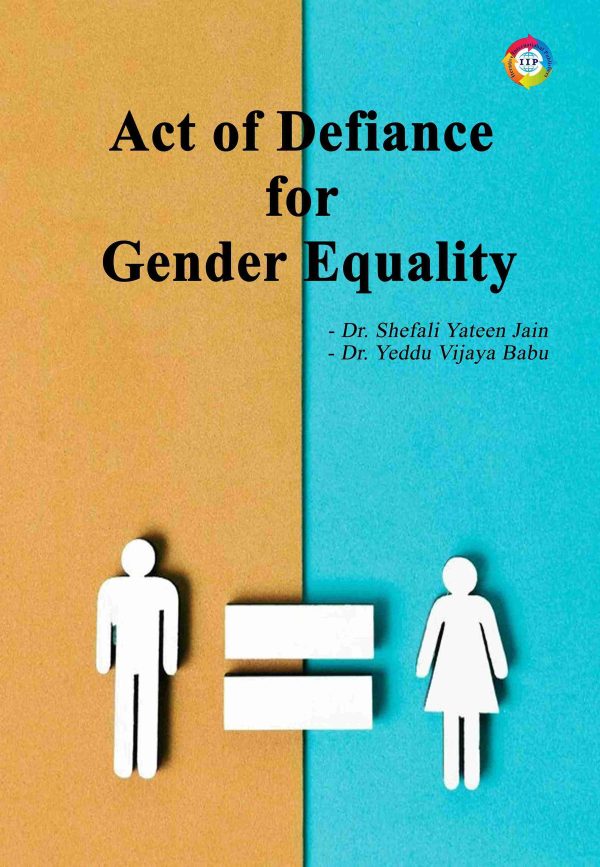The prominence of this work, Act of defiance for Gender Equality revolves around Select Novels of Buchi Emecheta and Meena Kandasamy, is to delve into and examine the tussle and confrontation of female protagonists against Gender inequality. The present work investigates aggressive, vicious, sadistic, and restrained ways in which the masculine gender suppresses the feminine gender to control and confine the female gender in their respective African and Indian culture and the gender inequality experienced. Work also focuses on patriarchal structures oppressing one gender over another prevailing in an African and Indian culture.
Emecheta portrays African women who face many sorts of persecution at native land and abroad. Whether in Nigeria or England, African women have been subjected to discrimination based on gender, race, and class. Her female characters represent a transition. Emecheta’s female protagonist, Adah, in Second Class Citizen, is subjected to various forms of oppression at home and abroad. The study delves into how Adah faces subjugation and inequality in every phase of life.
The second novel taken into the study is When I Hit You by Meena Kandasamy, where the unnamed narrator survives in her abusive marriage. Sexual discrimination, forced marriage, mental-emotional exploitation, and sexual abuse of characters in respective novels also help to study the oppression due to gender that works through their bodies. This book highlights how a particular gender is controlled and subjugated by another gender under socio-cultural traditions. It investigates aggressive, vicious, sadistic, and restrained ways in which the masculine gender suppresses the feminine gender to control and confine the female gender in their respective African and Indian culture society and the gender inequality experienced in the novel. Both Buchi and Kandasamy’s protagonists struggle because men in their life sexually, physically, and emotionally dominate them. The book’s primary goal is to investigate the causes of inequality. The gender gap is the root of men’s and women’s structural inequalities. Discrimination against women is sustained in society through social, cultural, and psychological causes. Book describes how patriarchy organized system deliberately designed to restrain women as subordinates where the subordination is often defined as disregard, discrimination, control, oppression, insult, exploitation, and violence within the family or outside, maybe in society or at the place of labor.









Reviews
There are no reviews yet.